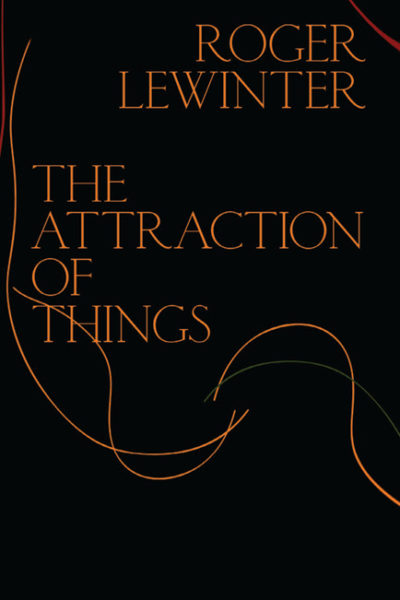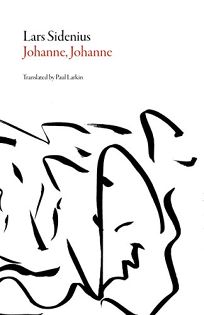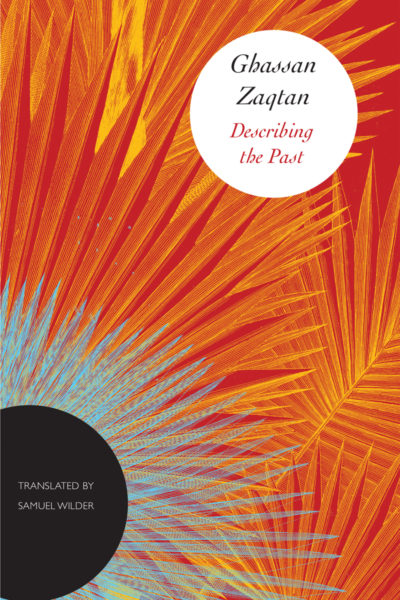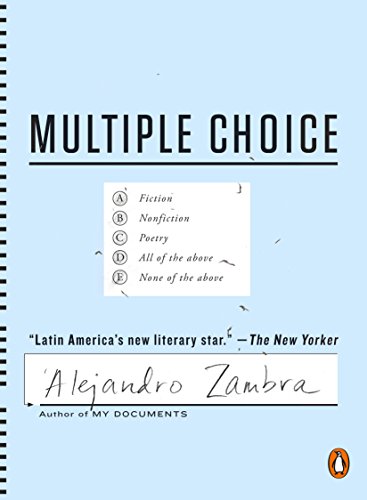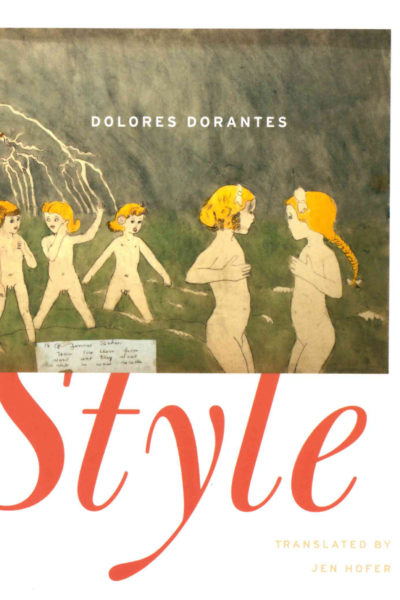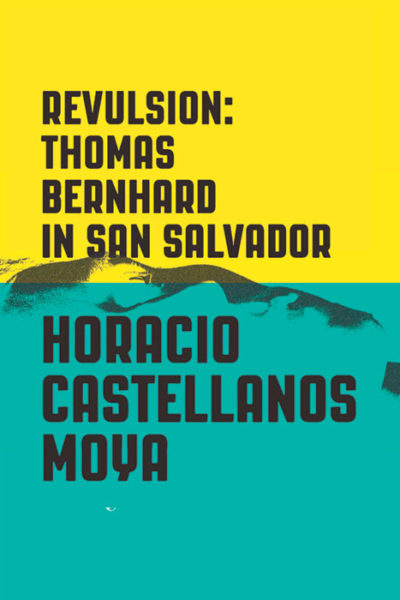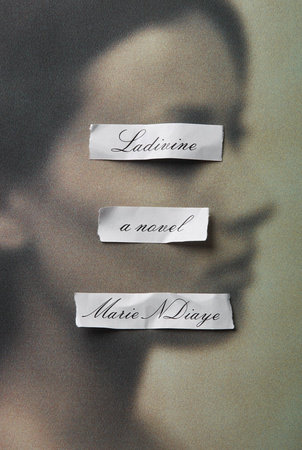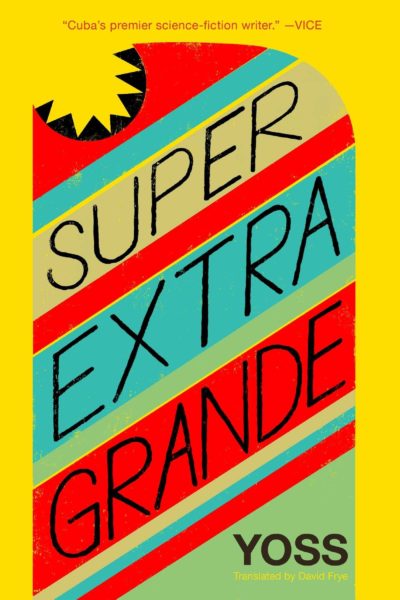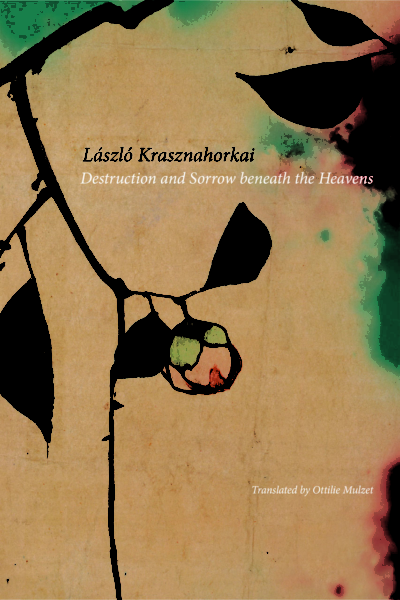The Attraction of Things / Story of Love in Solitude – Roger Lewinter
Lewinter asserts that time, as a sentence, visible in its extent on the page, durational in its reading but not in its image, is a mass, present all at once, although aggregated like granite.
Johanne, Johanne – Lars Sidenius
Johanne’s texts say little, and what they say, they repeat. Unlike a diary or a letter — an intimate glimpse into the mind of its writer — the texts keep the reader at arm’s length, establishing their relationship as a closed system, a secret affair that leaves out even the reader.
The Young Bride – Alessandro Baricco
This novel is a captivating, fable-like story about a family that lives each day the same as the last in order to suspend the passage of time. It is a quirky, beautiful, and warmly humorous reflection on how the fear of our own mortality affects the way that we live our lives.
Describing the Past – Ghassan Zaqtan
And I do not mean to elide that these stories are Palestinian, as is the loss they both recall and presage.
Multiple Choice – Alejandro Zambra
Coherence and logic are not inherent to human experience. Life is paratactic. Causality, the root of arguments and anguish, is the product of a rigorous and motivated training.
Where is violence manufactured? What styles allow and encourage our conditioning, our reproducing? How to be in systems that place you in permanent states of negation?
Revulsion: Thomas Bernhard in San Salvador – Horacio Castellanos Moya
The novel reveals as much about Bernhard’s style as it does about Salvadoran society.
Into this web of familial discontent and uncertainty enter those mysterious dogs.
Here are some other technologies that humans control despite a barely functioning civil society: Nuclear weapons. The Internet. Drones. Here are some archetypes that don’t appear in this novel: Gringos. White people.
Destruction and Sorrow Beneath the Heavens – László Krasznahorkai
Like Krasznahorkai’s fictions, his sentences (or in this case, series of clauses) conspire together, in a kind of interlocking state of indecision, building a sense of elusive, strangled exasperation.


